
What killed Bruce Lee? Drug rumours add to the mystery surrounding the death of the Hong Kong martial arts actor
- When Bruce Lee died suddenly at the age of 32, conspiracy theories about his death started to circulate immediately
- Letters found recently, referring to the supply of various illegal drugs, have ignited new speculation about his death
These rumours took a darker turn in July this year when more than 40 letters were unearthed that implied the martial arts legend was a secret drug user.
British tabloids The Sun and Daily Mirror reported that the handwritten letters to Hollywood actor and Fist of Fury co-star Robert “Bob” Baker suggest he supplied Lee with an array of drugs over a five-year span. Drugs such as cocaine, LSD and cannabis were mentioned in the letters, which covered the period up until his death.
The letters were discovered at a flea market in the United States. After being verified by Professional Sports Authenticator, a leading authenticator of celebrity autographs, they were all sold in July for US$462,500 by American auction house Heritage Auctions. Bids on individual letters ranged from US$600 to more than US$10,000.
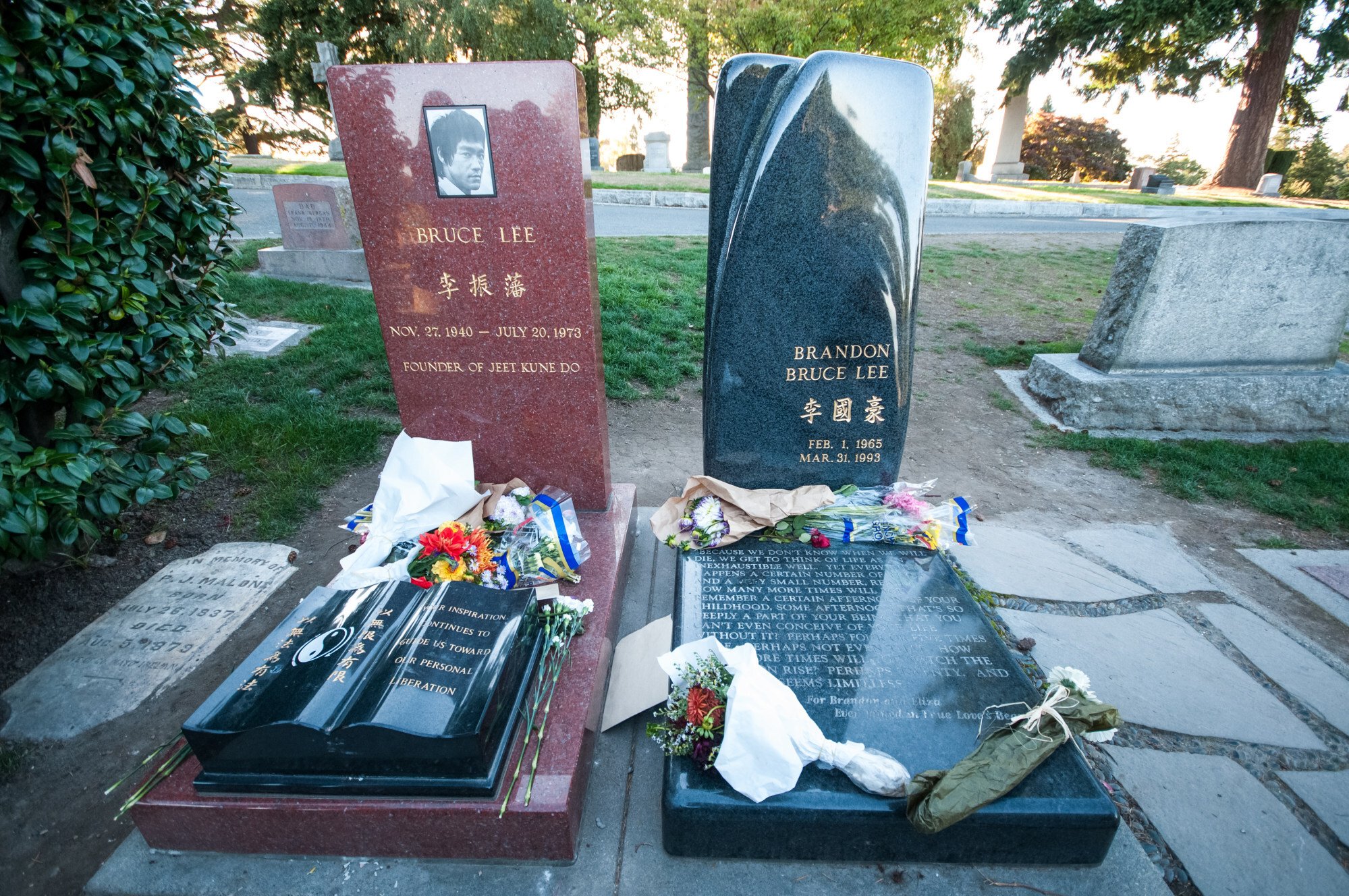
The collection includes letters between Lee and his wife, Linda Lee Caldwell, and Baker. One letter suggests that Baker went to great lengths to ship drugs from the US to Lee while he was filming in Hong Kong in 1972 – a year before his death. Baker died in 1993.
Bruce Lee: A Life by Matthew Polly, a 2018 biography about the star based on interviews with his friends, family and colleagues, alleged that Lee had enjoyed smoking weed and ingesting hash, but the newly discovered letters suggest that he also used hard drugs.
Bruce Lee at 80: the martial arts legend and his legacy
Most damning is a letter Caldwell wrote to Baker in which she reassured him: “Don’t worry about Bruce using the C [cocaine] – he is not going overboard.”
However, a month later, Lee suffered a seizure and collapsed. A few weeks after that incident, he was found dead in bed in his Kowloon home. An official report from Hong Kong’s Queen Elizabeth Hospital stated that the death of the martial arts superstar on July 20, 1973, was due to acute cerebral oedema – a swelling in the brain that caused a build-up of fluid.
But what caused the cerebral oedema has never been established and the emergence of the letters has added a further twist to the circumstances surrounding his death.
Are the letters real? Yes, of course. Did he experiment with drugs? Yes, he did. But this shouldn’t come as a surprise to anyone
Author and film historian David Tadman, who has written 10 books about the martial arts superstar, has seen the letters but does not believe that Lee had a drug problem or that his legacy will be affected by them coming to light.
“Are the letters real? Yes, of course. Did he experiment with drugs? Yes, he did. But this shouldn’t come as a surprise to anyone,” Tadman explains.
“This was the late ’60s and early ’70s, and people were experimenting in all kinds of ways. If you look at bands like The Beatles, and actors like Steve McQueen, everyone was trying to expand their minds. Bruce was doing exactly the same. He wasn’t just experimenting with new fighting styles like jeet kune do; he was experimenting philosophically, metaphysically and spiritually too.”
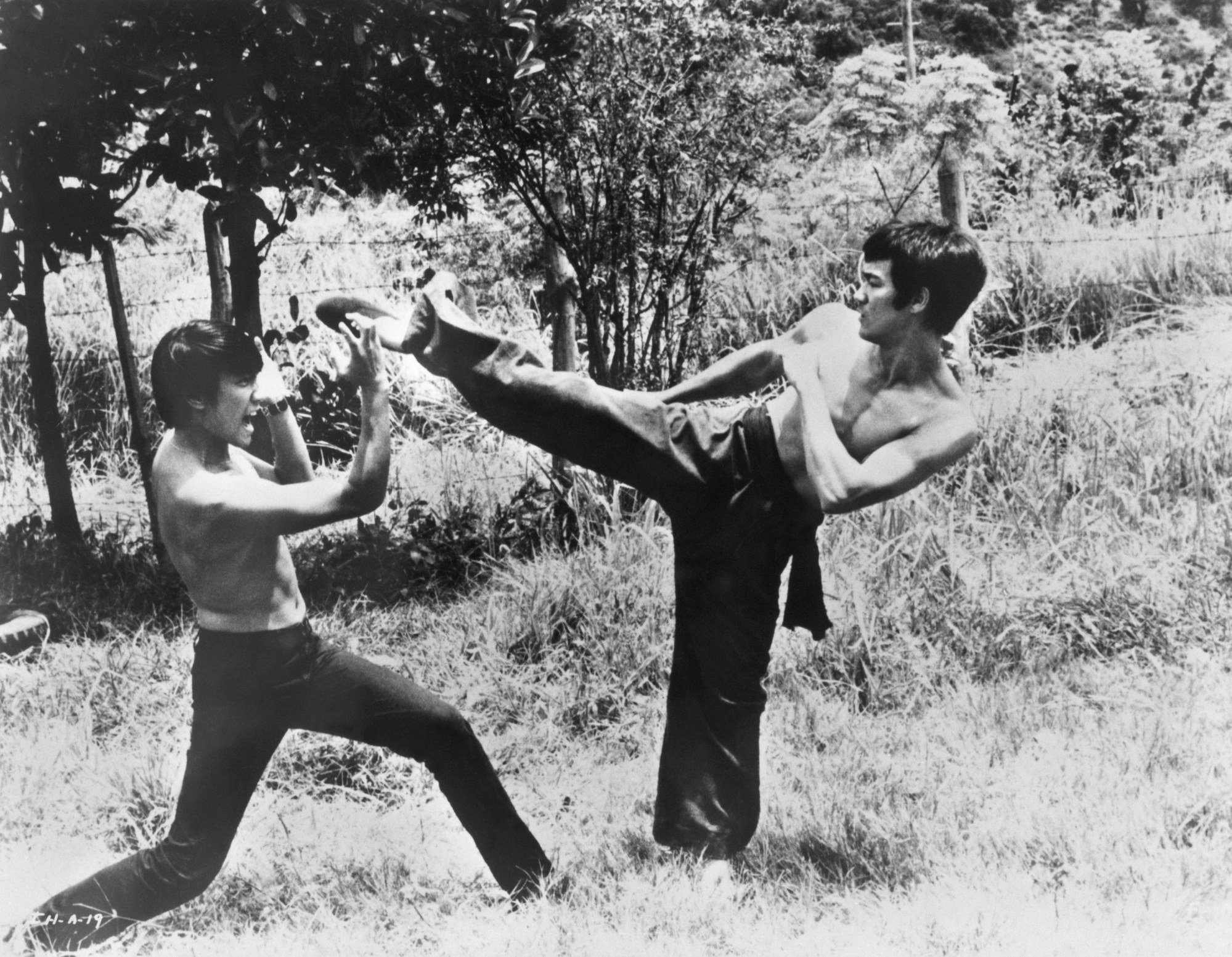
Speaking from California, Tadman argues that Lee’s legacy has not been tarnished by the letters and that his fans were influenced by his mantra to eat better, not drink alcohol or smoke and be disciplined, rather than to take drugs.
“The letters don’t represent who he was. He was searching for enlightenment and to help enlighten others. Over the years, he has influenced many people for the better,” Tadman says.
“Bruce wasn’t a superhero, but he did super things. He was human like the rest of us, with his ups and downs, but he brought harmony to people’s lives.”
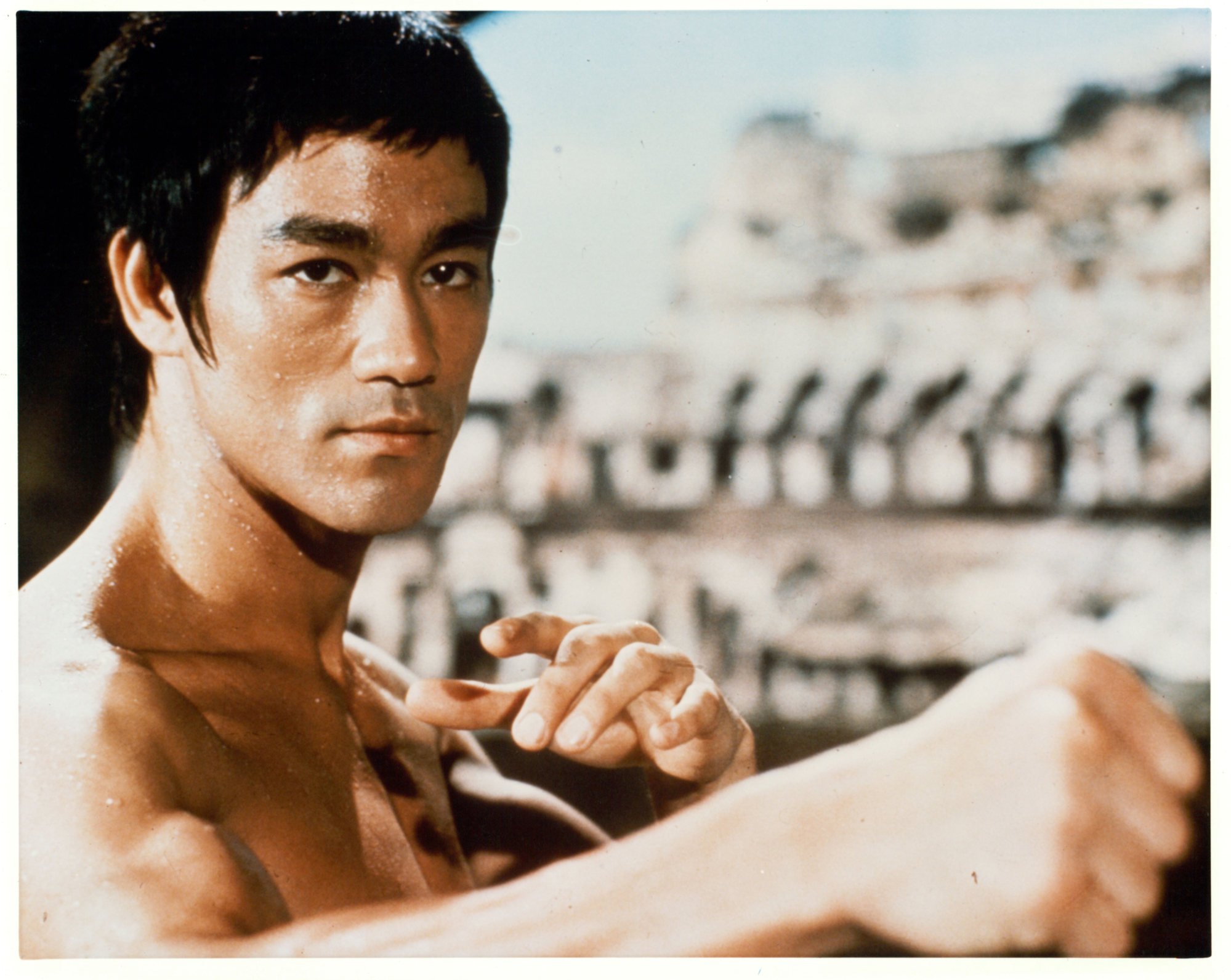
Of the conspiracy theories regarding Lee’s death, one of the biggest was that he had refused to pay Hong Kong triads protection money to safeguard his film sets and that they ordered him to be killed. Others said it was, in fact, mainland Chinese gangs that wanted Lee to be got rid of. The Cantonese star’s films were threatening the dominance of Mandarin-language films, so the theory went, and they tried to have Lee killed to ensure their investments proved successful.
It is speculation that Tadman dismisses. “People wanting to get rid of Bruce Lee would have been taking money out of their own pockets. He was the biggest film star in Asia at that time. It wouldn’t be to anybody’s benefit to dispose of someone who could earn them so much money,” he says.
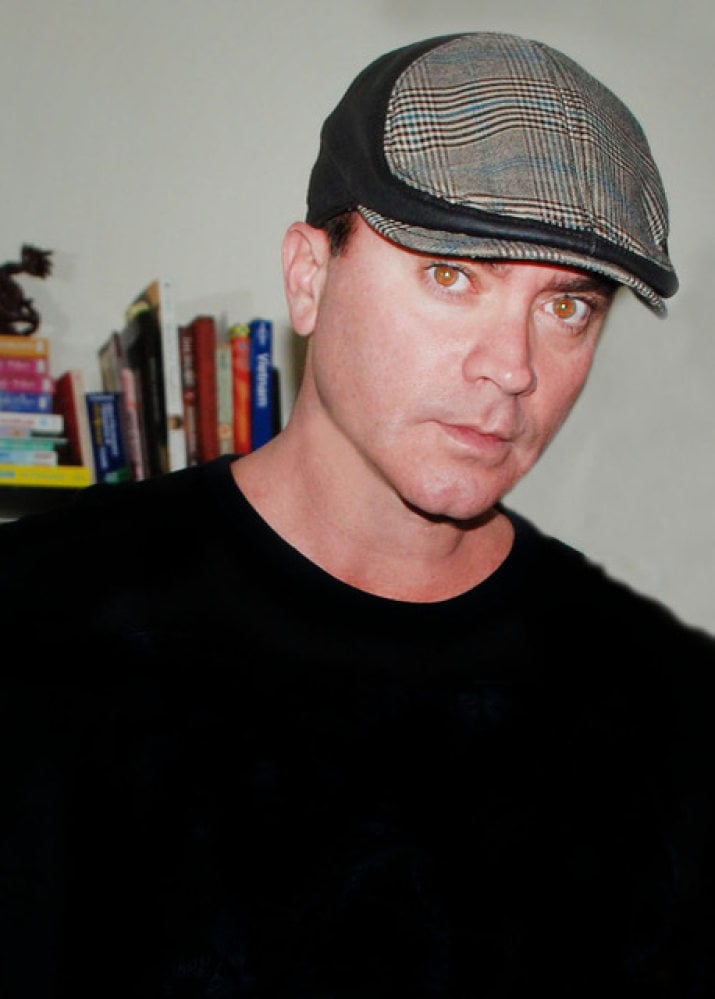
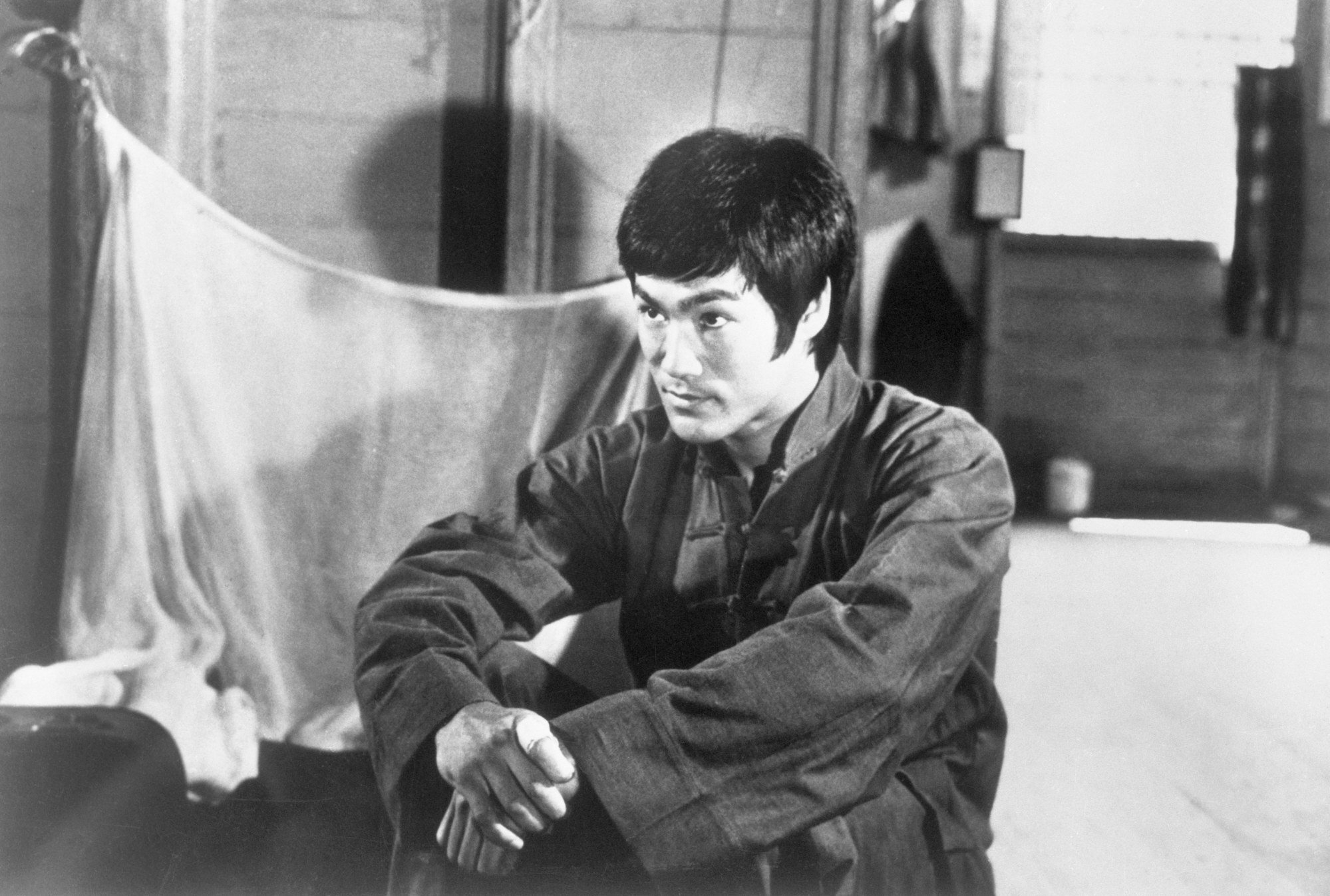
“The Chinese press said that Bruce Lee knew about the bad feng shui prevailing in the area and he installed a feng shui deflector on the roof of his home in Cumberland Road,” says an article in the Post publication Memoirs of an Asian Moviegoer.
“This deflector, a pat kwe [ba gua] – an octagonal wooden frame with a mirror in the centre – was found missing after Typhoon Dot lashed Hong Kong. In the absence of it, Bruce Lee became vulnerable, some say. So the story goes that if he had lived elsewhere, Bruce Lee would have lived longer.”
“Everyone in Hong Kong knows what happened,” he said. “I don’t want to say it, but just google it.”

